Chapter 1 The Sociological Perspective
1/37
There's no tags or description
Looks like no tags are added yet.
Name | Mastery | Learn | Test | Matching | Spaced | Call with Kai |
|---|
No analytics yet
Send a link to your students to track their progress
38 Terms
Auguste Comte
He is considered to be the "father" of Sociology and advocated for the use of the scientific method.
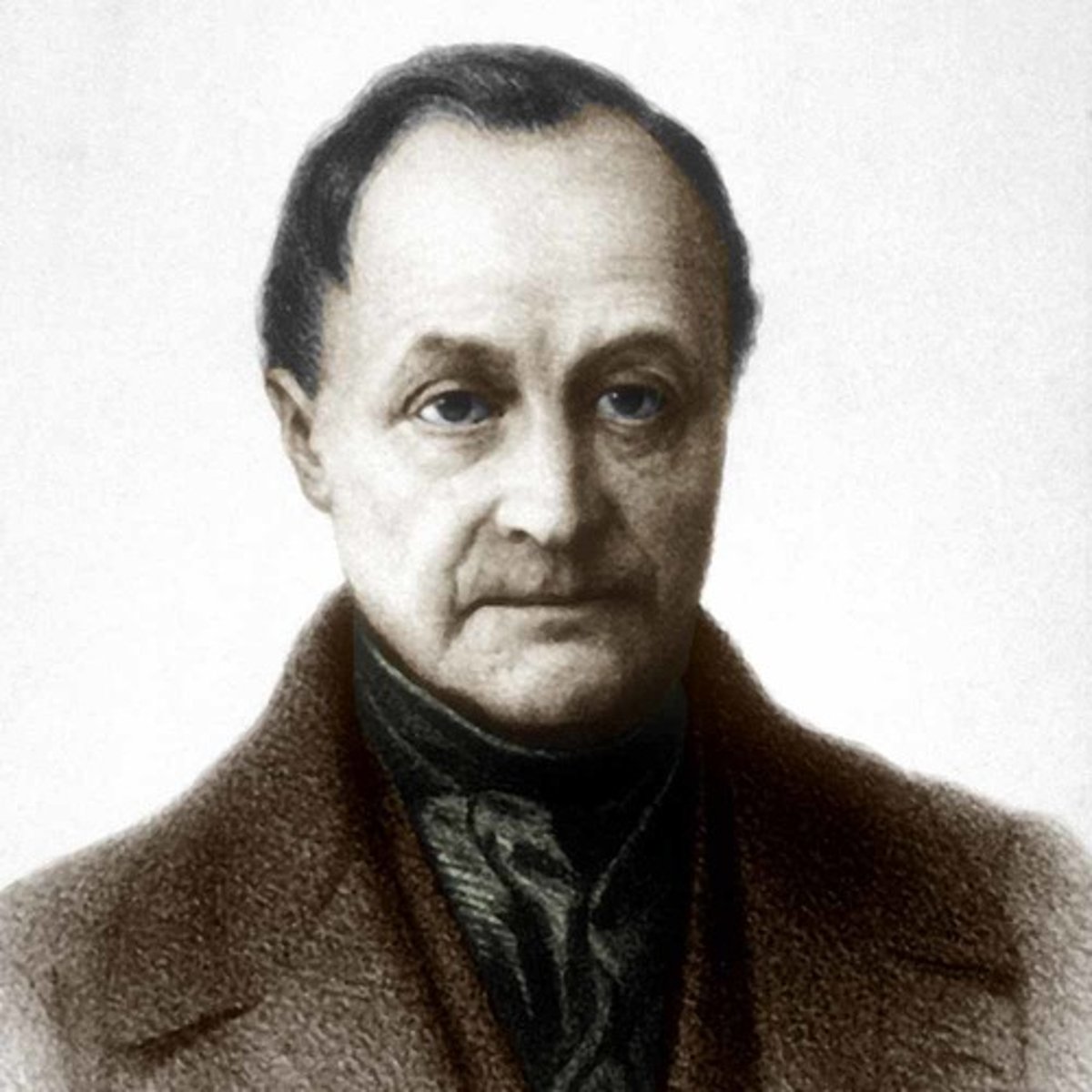
Herbert Spencer
British biologist considered to be the second founder of Sociology; believed that society is like an organism with interconnected parts.
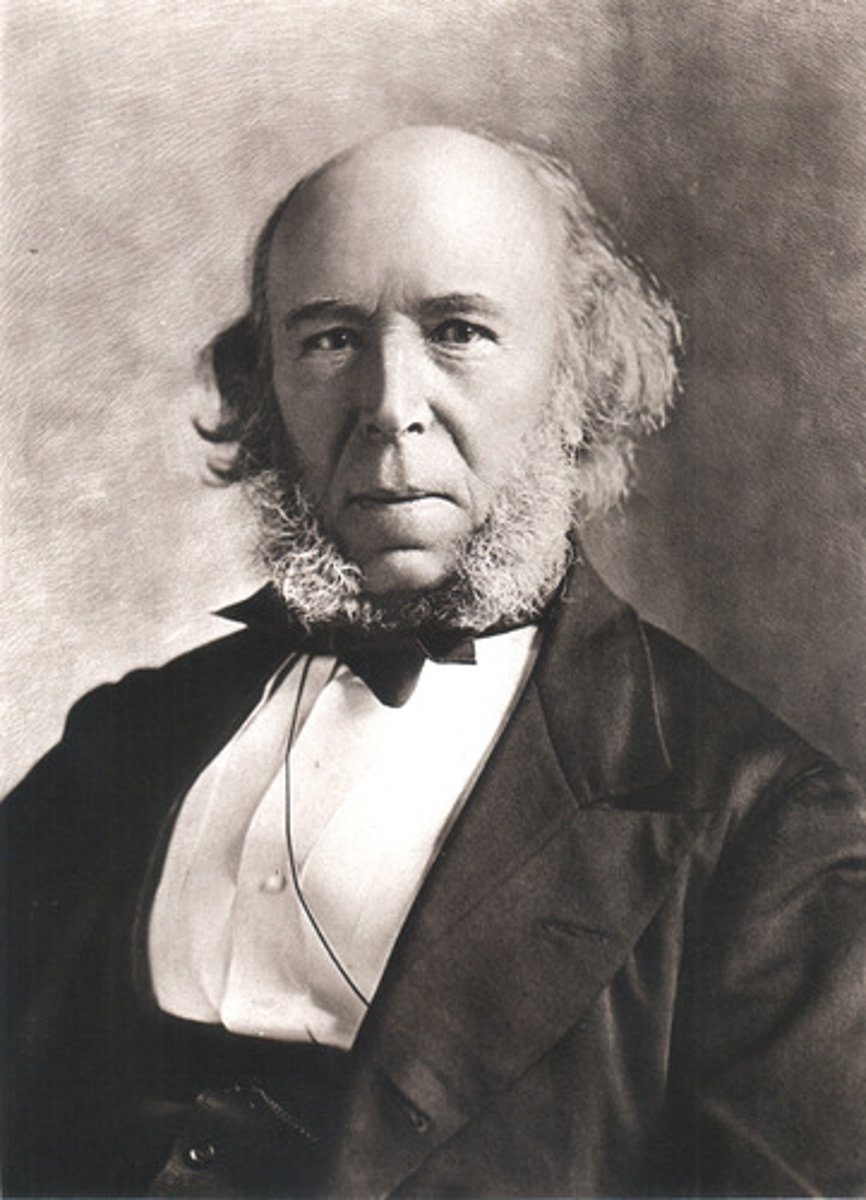
Emile Durkheim
Frenchman who got Sociology recognized as a separate discipline as a result of his study on suicide rates.
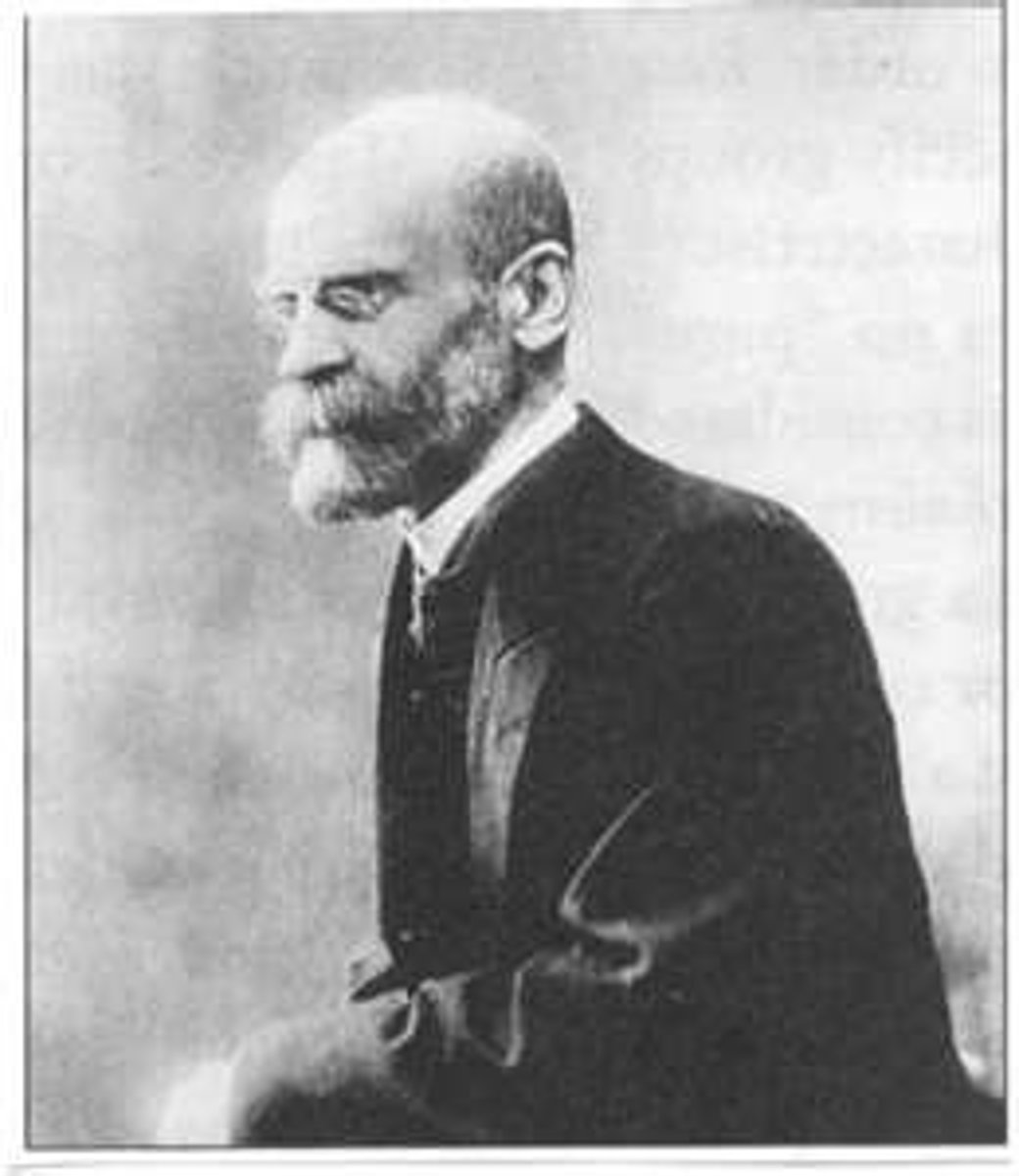
Karl Marx
German who predicted that capitalism would fail as a result of the "Haves" being overthrown by the "Have Nots;" he used the economy to explain society.
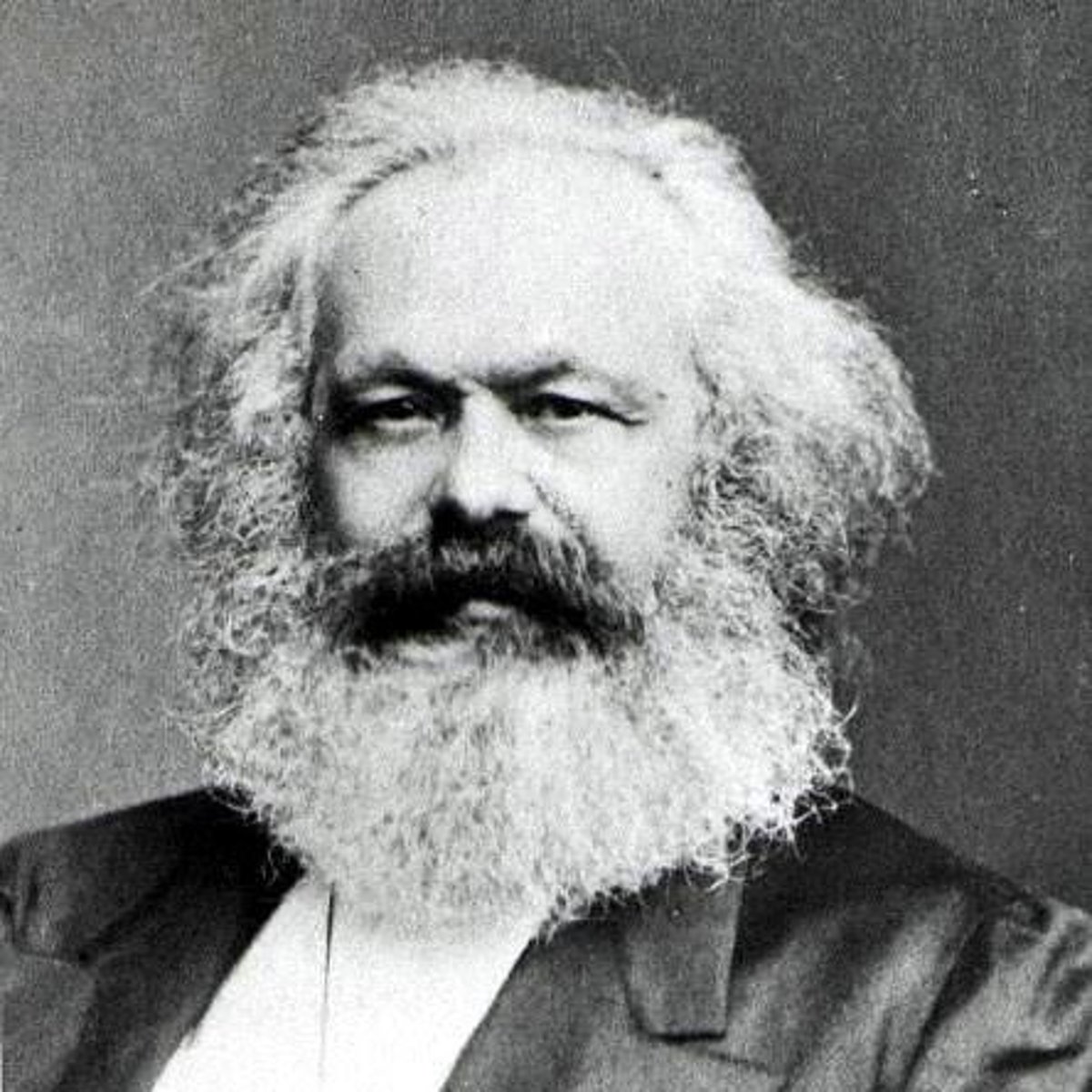
Max Weber
German who argued that religion was the basis for human behavior; religion gives us our values and they determine our understanding of social situations.
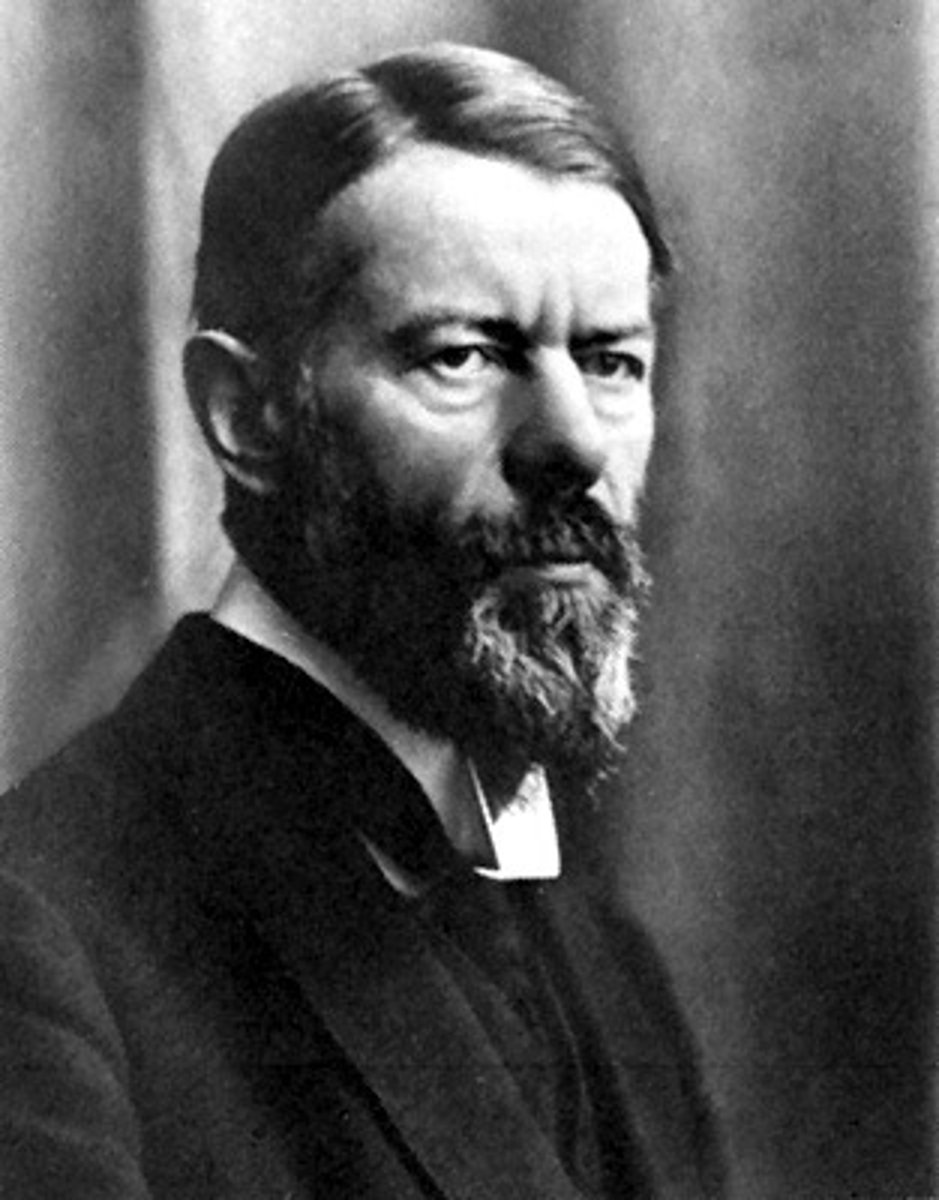
Harriet Martineau
Sociologist who wrote "Society in America" and translated the book of the "father" of Sociology.
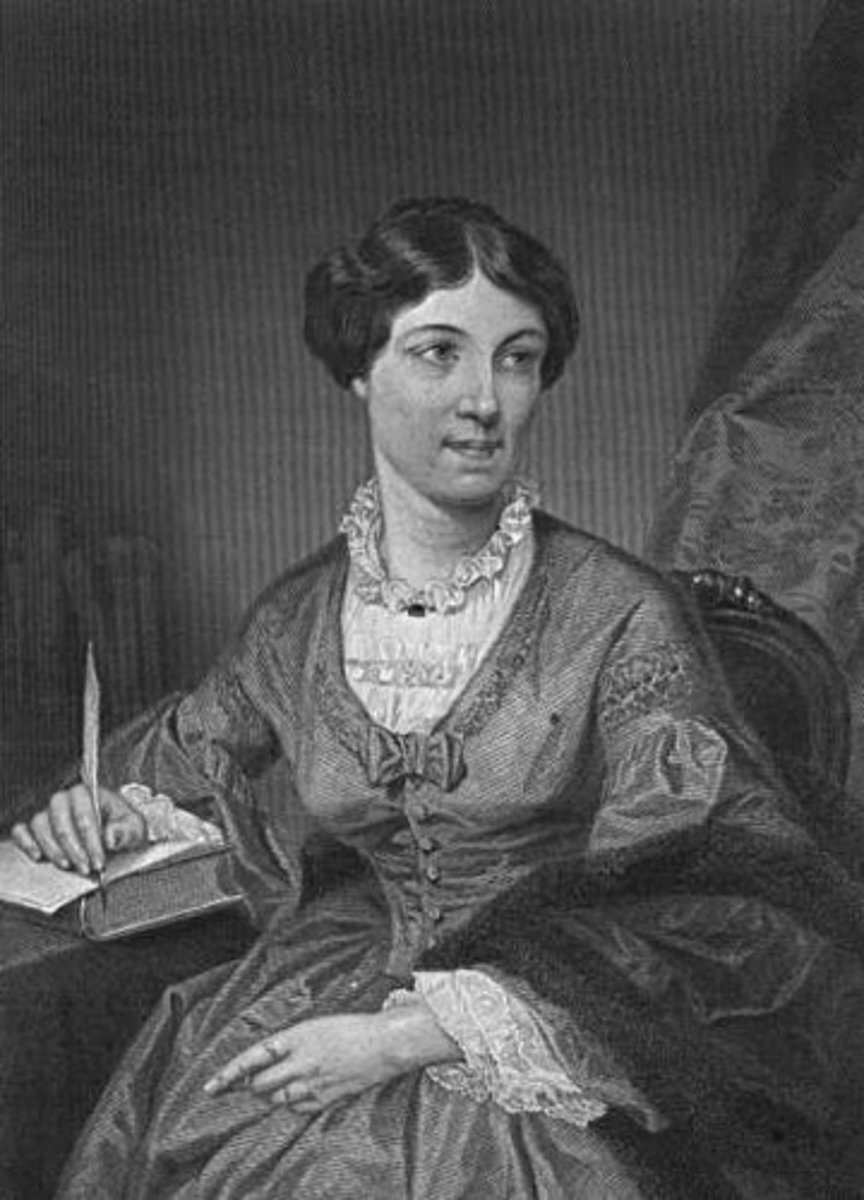
Jane Addams
The founder of the settlement house called Hull House in Chicago which provided English lessons for immigrants, daycare, child care classes etc.
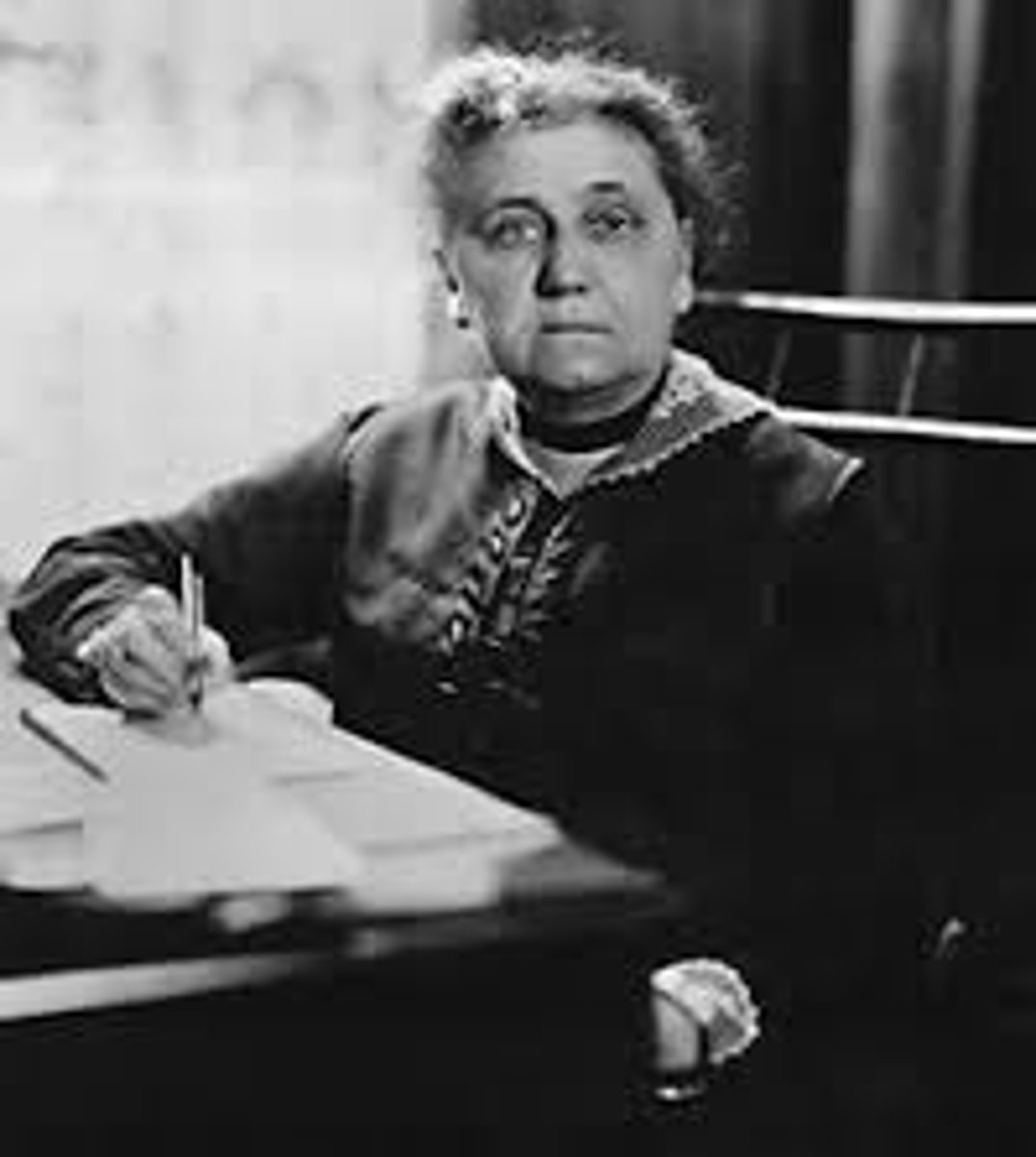
W.E.B. DuBois
American sociologist who was one of the founders of the NAACP and did many studies on race relations.
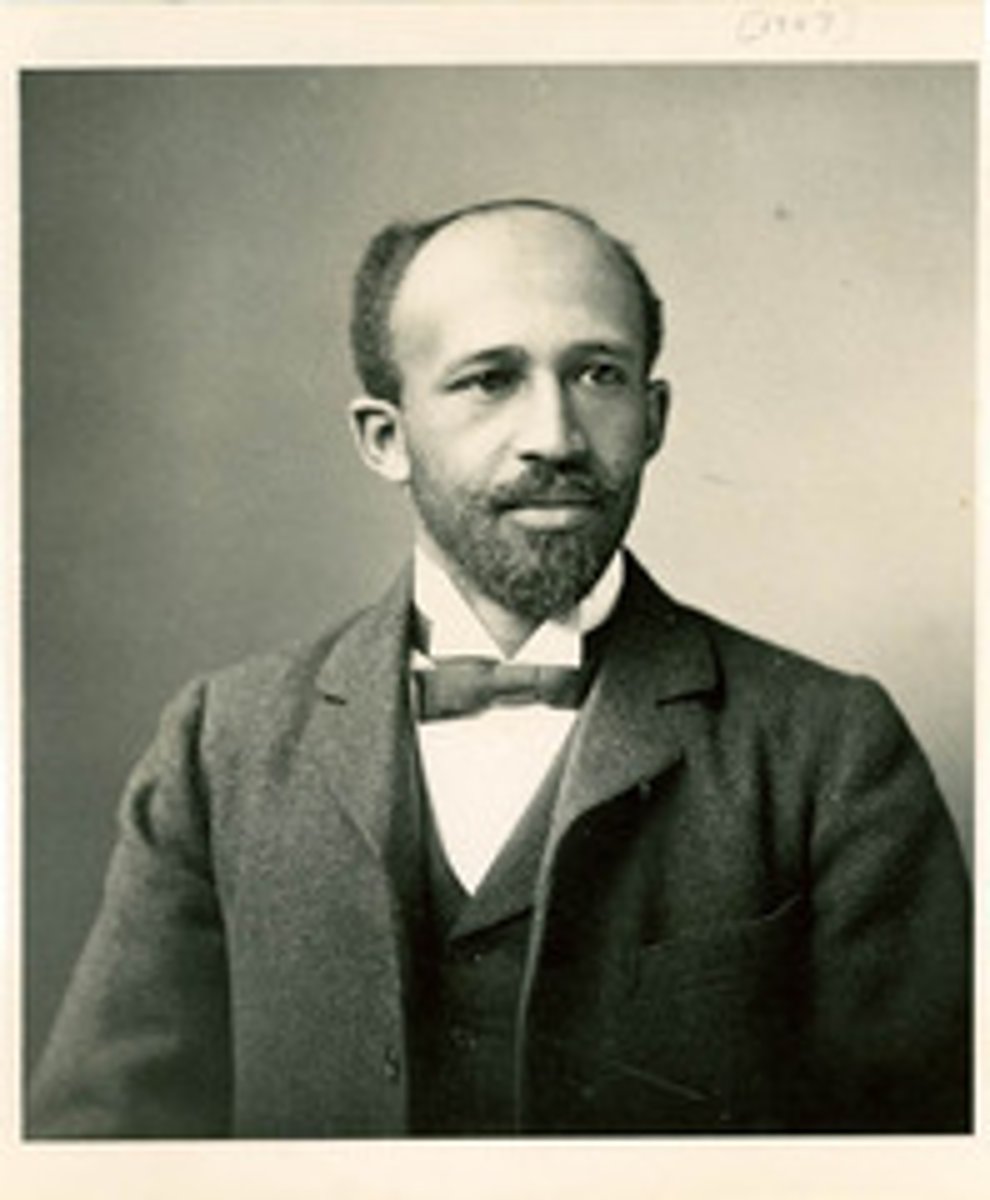
C. Wright Mills
Coined the term the sociological imagination.
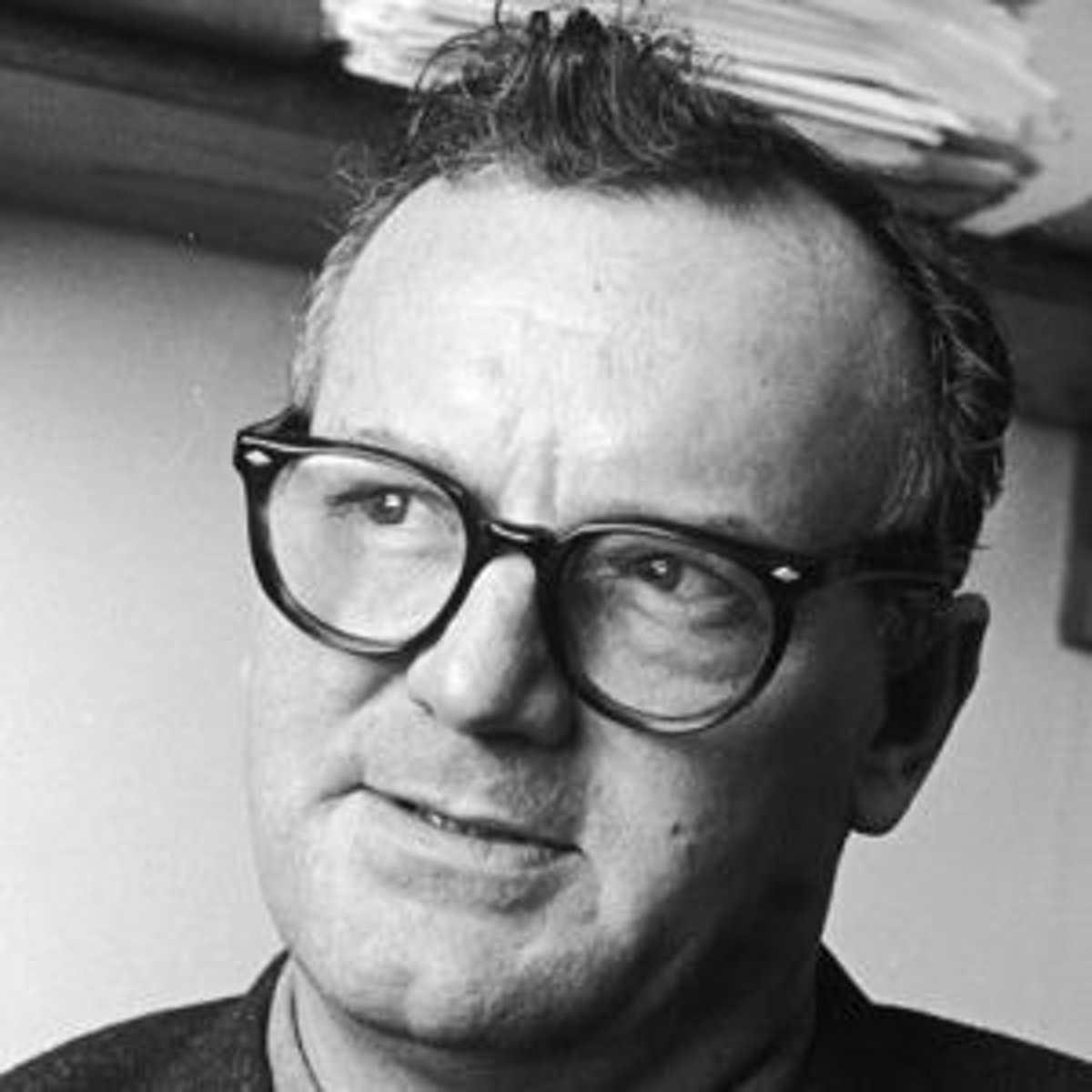
Positivism
The application of the scientific approach to the social world.
Social integration
The degree to which members of a group or a society feel united by shared values and other social bonds; also known as social cohesion.
Verstehen
To "grab by insight' and to have an understanding of someone's feelings.
Social Statics
The study of social stability and order.
Social Dynamics
The study of social change.
Basic Sociology
Sociological research for the purpose of making discoveries about life in human groups, not for making changes in those groups.
Applied Sociology
The use of the discipline of sociology with the specific intent of solving problems.
Social Darwinism
The belief that only the fittest survive in human political and economic struggle.
Bourgeoisie
Those individuals who own the means of production in a society.
Proletariat
Those individuals who are the exploited class, the mass of workers who do not own the means of production.
Sociology
The scientific study of society and human behavior.
Anthropology
The science dealing with the origin, races, customs, and beliefs of humankind.
Values
The standards by which people define what is desirable or undesirable, good or bad, beautiful or ugly.
Society
People who share a culture and a territory
Social Location
The group memberships that people have because of their location in history and society
Scientific Method
Using objective, systematic observations to test theories
Class Conflict
Marx's term for the struggle between capitalists and workers
Symbolic Interactionism
A theory where society is viewed as composed of symbols that people use to establish meaning, develop their views of the world, and communicate with one another.
Functionalism
A theory where society is viewed as composed of various parts that, when fulfilled, contributes to society's stability.
Symbol
Anything that stands for or represents something else
Psychology
The study of human mind and brain.
History
The study of past events.
Political Science
The systematic study of government and politics
Economics
The study of how products are produced, distributed and consumed.
Georgraphy
The study of the Earth and how humans adjust to the national environment.
Generalization
A conclusion drawn from specific information that is used to make a broad statement about a topic or person.
Ida B. Wells
African American journalist. published statistics about lynching, urged African Americans to protest by refusing to ride streetcars or shop in white owned stores.
Natural Sciences
Sciences that study the physical and biological events that occur in nature
Social Sciences
Disciplines that study human social behavior or institutions and functions of human society in a scientific manner.